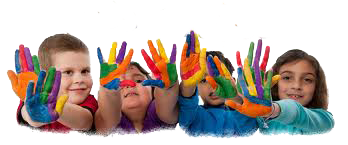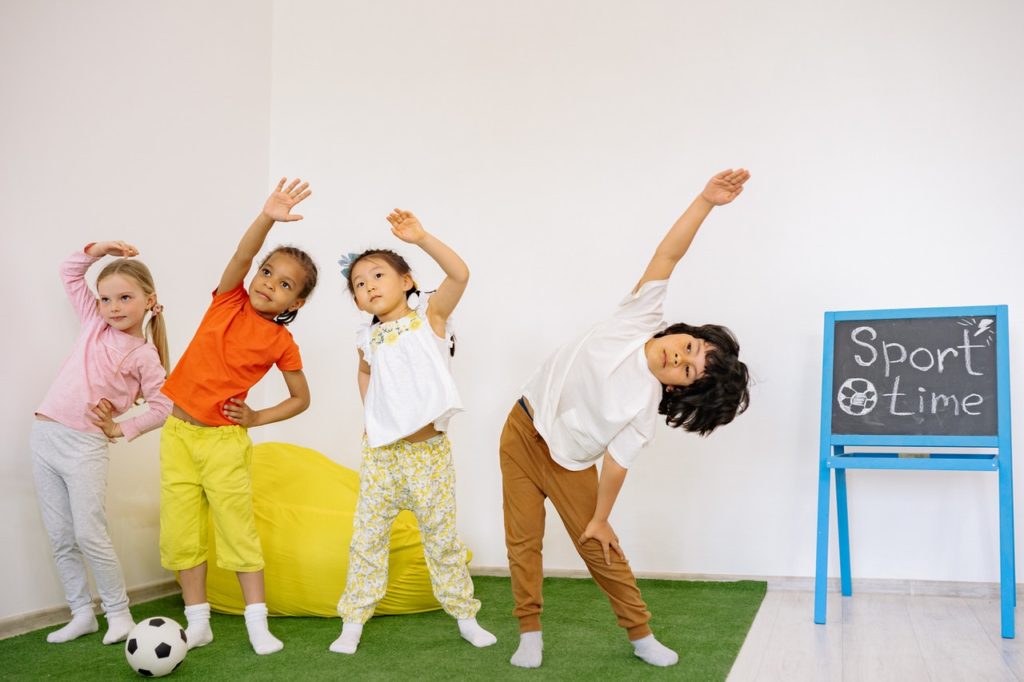Fine Motor Skills, General Information
Track Your Child’s Developmental Milestones – Perspectives
In order to fully understand your child, you need track your child’s developmental milestones, as well as of the processes necessary to develop from babyhood to childhood to adulthood.
The child needs to achieve specific child developmental milestones in order to develop fully and to reach full potential.
Child Developmental Milestones
There are many charts available to measure childhood development. Parents are often keen to use these charts to check their child’s progress and to ensure that optimal development is taking place. Unfortunately, these are too often used to compare children.
Child developmental milestones are important for checking progress during therapy and when diagnoses are made. However, it is more important that a child achieves the different milestones in the correct succession than it is to achieve these at specific ages.
It can create expectations in parents, followed by needless anxiety when those expectations are not realised. In my opinion, it is more important that children go through each stage in their own time rather than reaching a certain stage at a certain age.
All babies and children go through the same successive stages of development. That is, for example, sitting, crawling, walking. And, it is more important to go through all three stages than to be able to walk by a certain age.

Early Childhood Development
Early childhood development is crucial for later development. The early childhood phase is considered to be the time from conception to birth to the time that the child is three years old. This time period forms the foundation of development.
During this time the baby develops the important sensory phase and sensory motor phase. These phases form the foundation and the perceptual-motor development. Then, cognitive development is built on this.
Although these phases are “built” on one another, many aspects of development happen simultaneously. Thus it is tricky to compare all of these developmental skills to a specific chart.
Early childhood development is not only about motor development as so many charts indicate. There are specific time “windows” during which time it is ideal that e.g. a baby should start to crawl.
However, some children are slower or faster to reach each stage. The ideal age at which they are expected to reach a stage, is not as important as actually doing it. Once again, it is in the interest of professionals to identify the need for intervention. And if needed, to use specific charts.
Parents should focus more on enjoying their precious child. A focus on having a holistic approach to the child’s well-being and happiness is best. This is preferable to trying to identify the child’s progress on charts.
Various Aspects of Development
Early childhood development is important, but all aspects of development should be considered. These include:
- sensory development (almost impossible to measure this on a chart),
- sensory motor development (this includes lots of movement skills and is easier to measure on charts),
- perceptual development (this is complex to measure as it involves many of the skills necessary for learning in school),
- emotional development (this can hardly be measured on a developmental milestones chart) and
- cognitive development (this can be measured with complex assessment tools and relates to IQ).
The development of social skills is also important for the happiness of the child. The ability to use obtained skills in a functional way (e.g. to use fine motor skills to get dressed) is important for adaptation in different environments and to cope in life in general.
Cognitive development also includes:
- memory (auditory and visual),
- analysis and synthesis,
- problem solving,
- ideation,
- planning, and
- association.
Development Continues Throughout Life
All these skills start as infant development and continue to develop into the pre-school years and into childhood. Many of them continue to develop and to improve throughout life. A child of three years of age uses most of these skills to a certain degree but development continues.
Improved skills and more accurate emotional control are seen in older child. A child can run quite well at the age of three. But, they need to develop and practice to obtain the skills necessary to be an Olympian champion.
You can now see that a developmental milestone chart might give you an indication of your infant’s development regarding some aspects of development.
However, it might not give you any idea of how your child copes in different environments, about your child’s emotional well-being or about your child’s social skills.
These are all important for your child’s well-being from infant development through to the teenage years.

Movement
An infant and young child learns the best skills about their bodies and about the environment they live in, through movement. This teaches them about body concept – the size of the body, the different body parts and what they can do with their bodies.
It also teaches them about the environment – spatial concepts of playground equipment, concept of size, and the relations between the child’s body and the environment. This will give your child the knowledge and experience to understand spatial concepts when learning visual perceptual skills such as writing letters.
Movement will also encourage the development of strong muscles to provide the support that will enable the child to have a stable posture when performing fine motor tasks such as writing and cutting.
Instead of focusing on when your child achieves specific tasks on charts, you can focus on the joy of playing with your child. Spend time to really know your child’s personality, likes and dislikes, the skills that are really good and try to identify tasks that your child find difficult.
Praise when your child does a task successfully and support and encourage when your child struggles. This will encourage natural parenting and a self-confident child.
Child development is a continuous process of acquiring skills, or milestones, which emerge from the foundations described above. Professionals cluster developmental skills into groups or domains. These are commonly called motor, communication, cognition and social-emotional domains.